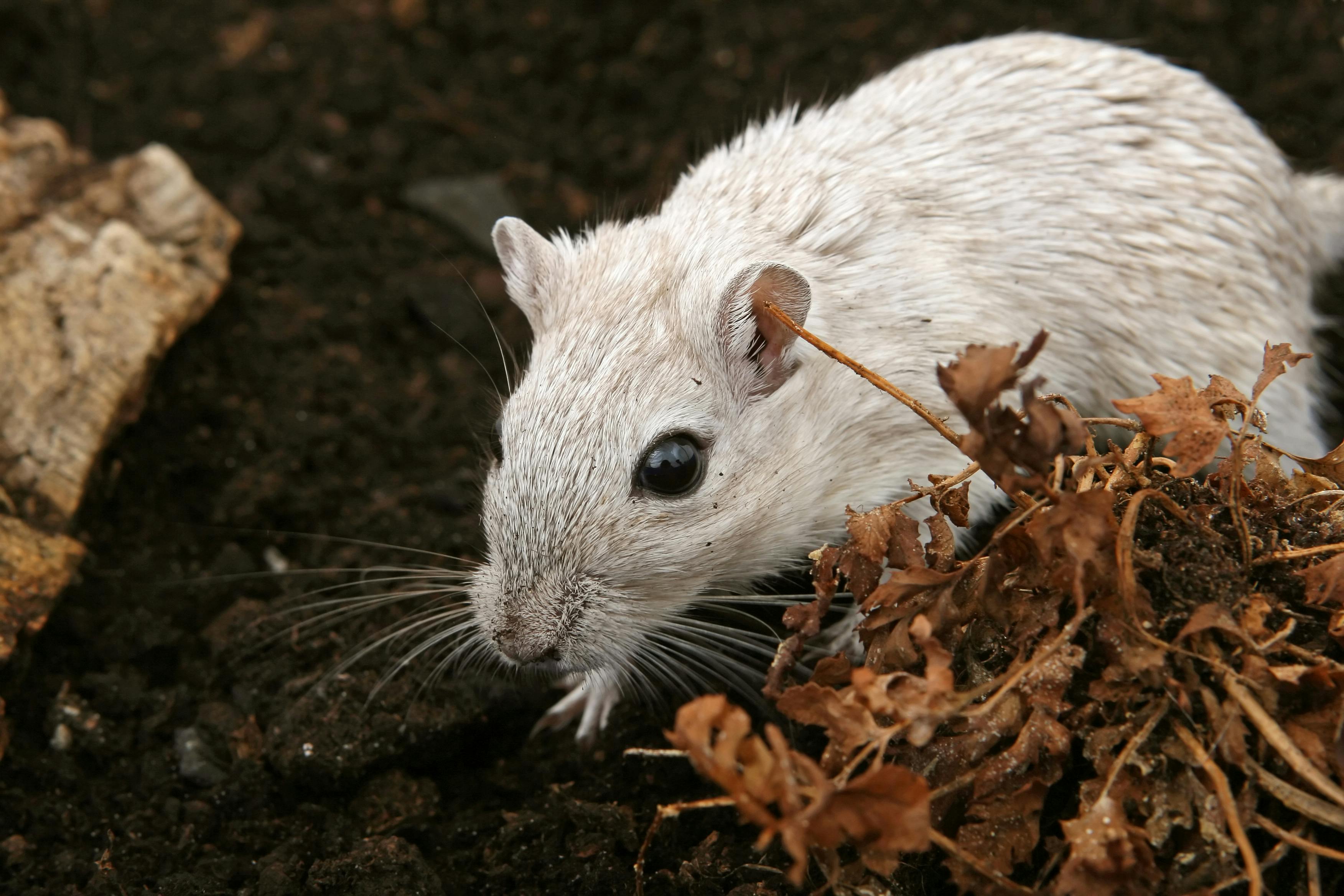Ensuring Sufficient Stimulation for Your Pet Rodent

Ensuring Sufficient Stimulation for Your Pet Rodent
Keeping a pet rodent can be rewarding and fun. These little creatures are curious, active, and intelligent, requiring more than just basic care to thrive. Whether you have a guinea pig, hamster, mouse, or rat, it’s crucial to provide an environment that stimulates both their mind and body. This guide will help you understand the importance of mental and physical stimulation for your furry friend and offer practical tips to keep your pet engaged and healthy.
Understanding Rodent Needs
rodents are naturally active and intelligent creatures with specific needs that can easily be overlooked. In the wild, these animals spend a significant amount of their time foraging for food, avoiding predators, and interacting with their environment. This level of activity stimulates their brains and keeps them physically fit. Hence, replicating a similar environment at home is vital for their well-being.
Physical Activities
Exercise is paramount for rodents, not just for their physical health but also to prevent boredom. An idle rodent can quickly become a stressed or unhealthy rodent.
Running Wheels
One of the most common ways to ensure your pet gets plenty of exercise is with a running wheel. Be sure to choose a wheel that is solid surfaced and large enough to prevent back problems, especially for hamsters and mice.
Mazes and Tunnels
Mazes or tunnel systems are excellent for mental stimulation. You can buy these in pet stores or create your own from safe, chewable materials. Changing the layout periodically will keep the setup exciting and new for your pet.
Environmental Enrichment
Changing and enriching your pet’s habitat plays a crucial role in keeping your rodent content and lively.
Chew Toys
Providing various chew toys helps keep your rodent's teeth in good condition, as their teeth continuously grow. Different textures and materials, like untreated wood, cardboard, and hard plastic toys designed for rodents, are excellent choices.
Foraging Toys
Foraging toys that require your pet to work for treats can mimic the challenge of searching for food in the wild and provide mental stimulation. These can include puzzle feeders or homemade contraptions with hidden compartments.
Regular Interaction and Training
Regular handling and interaction are beneficial for social species like rats and guinea pigs. It helps them become accustomed to human contact and prevents anxiety. Training sessions using positive reinforcement can strengthen your bond and keep your pet mentally sharp.
Creating a Friendly Habitat
The habitat of your pet should mimic its natural environment as much as possible. Avoid small, cramped cages and consider larger enclosures that allow for exploration and play. Multiple levels, areas to hide, and comfortable bedding are all components of a good home for a rodent.
Monitoring Your Rodent's Health
Keep an eye on your pet's behavior. Changes in activity levels, appetite, or sleep patterns can indicate boredom or health issues. Regular check-ups with a veterinarian familiar with rodents can help catch and address any potential problems early.
By implementing these strategies, you ensure that your pet rodent lives a full, exciting, and healthy life. Remember that every rodent is unique, and what works for one might not work for another. Be observant and adjust your approach as needed to meet the specific needs and preferences of your pet.